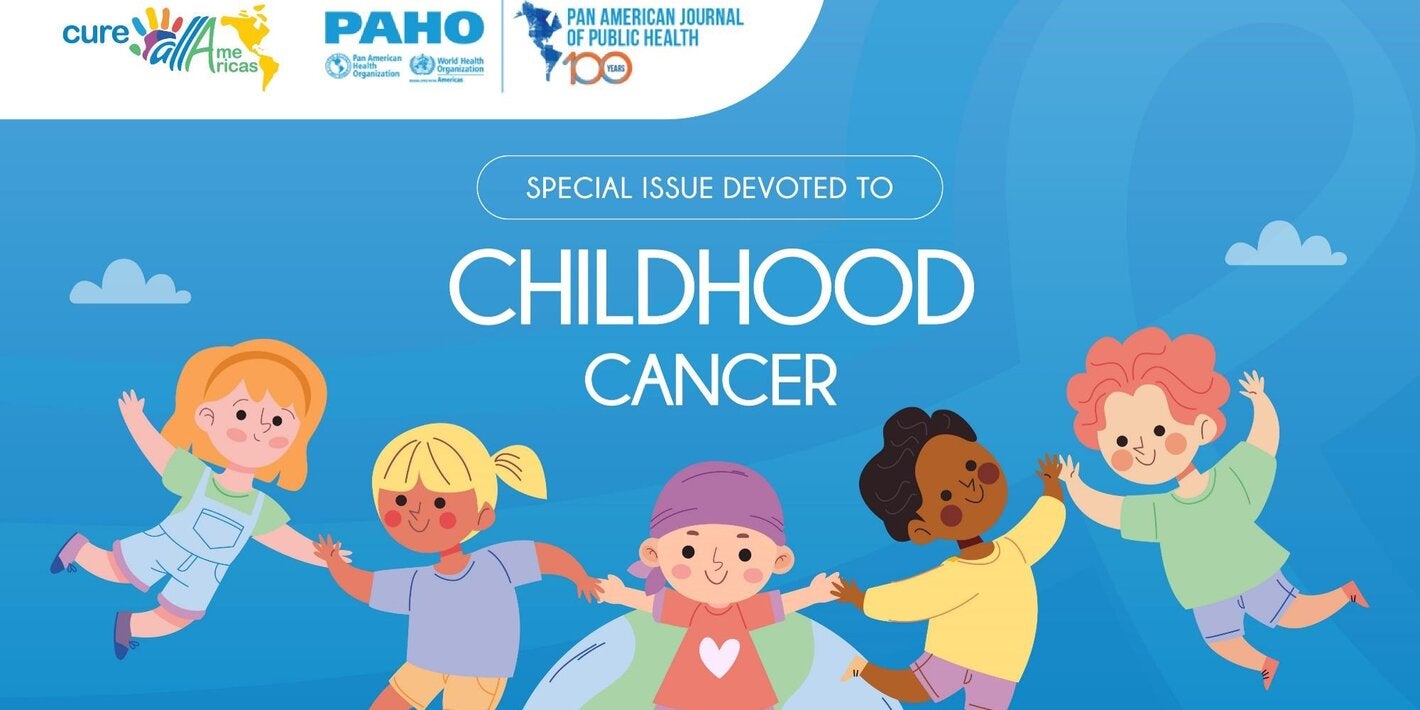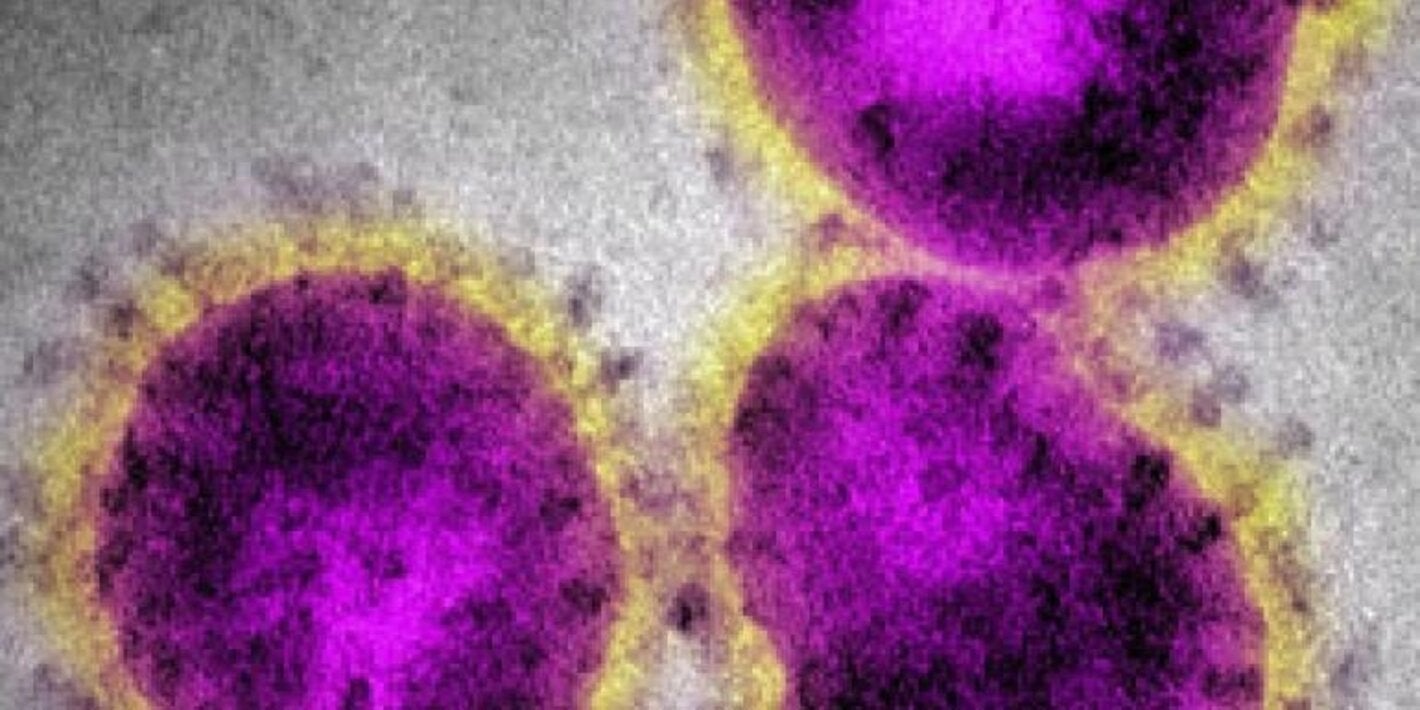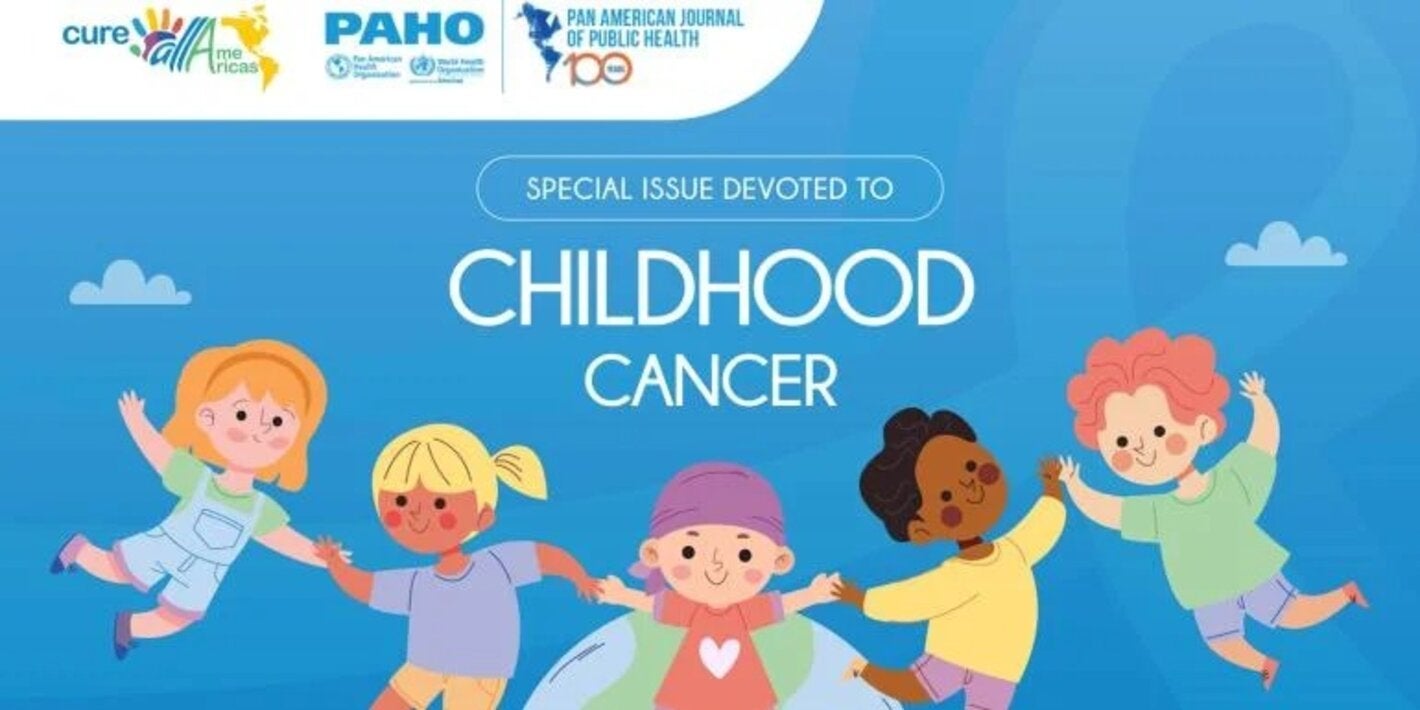Pan American Journal of Public Health (PAJPH)
Published since 1922, the Pan American Journal of Public Health (PAJPH) is the flagship scientific and technical periodical of the Pan American Health Organization. Its mission is to contribute to the production and dissemination of scientific public health information of international significance, mainly in areas related to PAHO's essential mission of strengthening health systems and improving the health of the peoples of the Americas.
Publication in the journal has no cost for authors, and all manuscripts are open access and free for readers.
Visit the Pan American Journal of Public Health's Website
PAJPH News
Washington, March, 25th, 2025.- The PAHO Journal of Public Health has opened a call for articles for a special issue on "Better Care for NCDs". The special issue will be focused on the main noncommunicable diseases (NCDs) - cardiovascular diseases, cancer, diabetes, chronic respiratory diseases- for which outcomes can be improved…
The Caribbean region faces distinct health challenges shaped by constrained resources, a growing burden of noncommunicable diseases, and environmental vulnerabilities. Open data presents a powerful avenue for tackling these issues by enhancing transparency, encouraging collaboration, and enabling more effective use of health data to improve care…
Evidence-Based Public Health Guidelines: Your Guide to a Better Clinical PracticeThe syntheses of evidence and recommendations from the Pan American Health Organization (PAHO) and the World Health Organization (WHO), brought together in this special issue of the Pan American Journal of Public Health (RPSP), offer a wide range of evidence-based…
Despite advances to improve health services for childhood cancer, there still exists a significant gap in access to diagnosis and treatment for children and adolescents, hampering survival.
Washington D.C.4 October 2023 (PAHO) – The Pan American Health Organization (PAHO) has published a special issue on childhood cancer in the Pan American…
The Pan American Health Organization has put together a set of technical guidelines, recommendations, scientific publications, and ongoing research protocols from the Americas and affected countries worldwide regarding the coronavirus disease (COVID-19) pandemic.
These platforms of trusted information may be useful for decision and policy-making…
PAJPH Special Issue - Tackling pediatric cancer in Latin America and the Caribbean: CureAll Americas
This special supplement on childhood cancer highlights the joint accomplishments of the Pan American Health Organization and the Member States and reminds us that there is still a long way to go to ensure full implementation of the WHO CureAll framework in the Americas.
The Pan American Journal of Public Health (PAJPH) recognizes with…
This special issue commemorates 120 years of the Pan American Health Organization and 100 years of the Pan American Journal of Public Health (PAJPH). The history of the journal reflects that of the Organization and the evolution of key health topics over the last century.
The manuscripts included in this special issue present an overview of…
In this supplement of the Pan American Journal of Public Health (PAJPH), articles on the epidemiology of AMR, characterization of multidrug-resistant microorganisms, and public health surveillance under the concept of One Health are presented to generate evidence to strengthen action plans on AMR in Colombia and Ecuador.
WHO Collaborating Centres (CCs) are typically parts of institutions such as universities, hospitals, research institutes, academies or ministries that have been designated by the WHO Director-General to carry out activities in support of the Organization's programs by providing information, services, and expertise; thereby strengthening…









